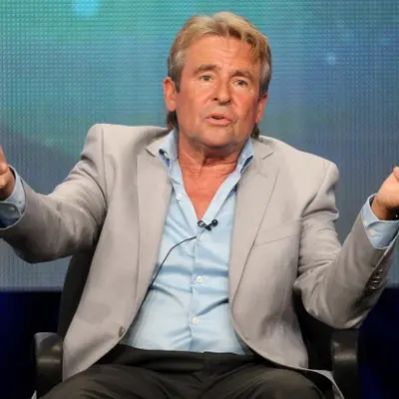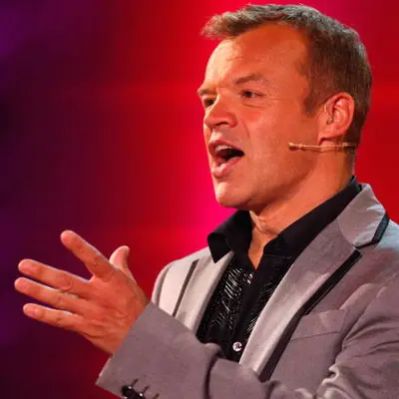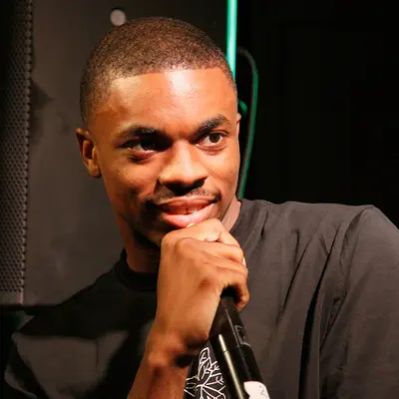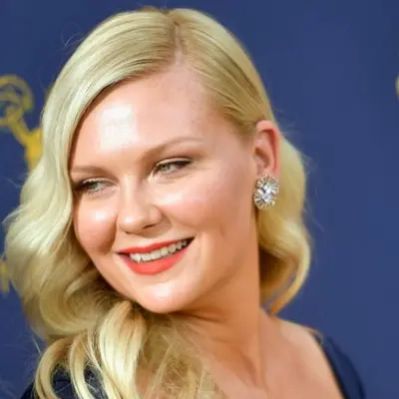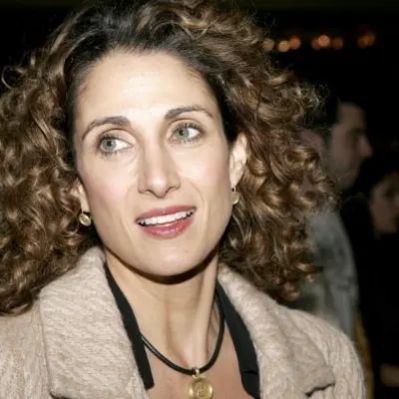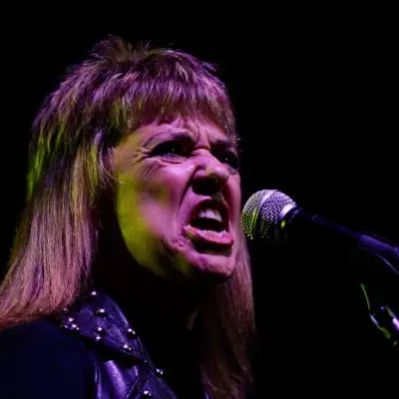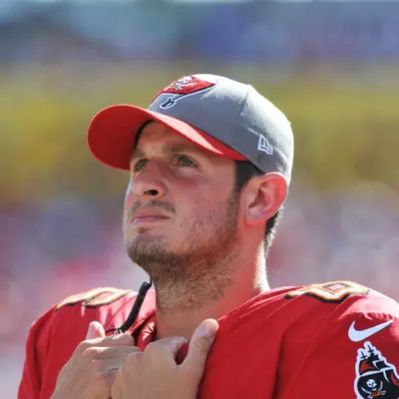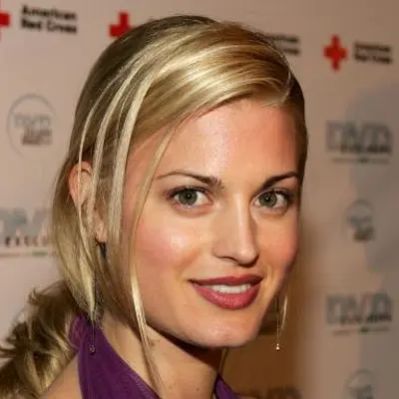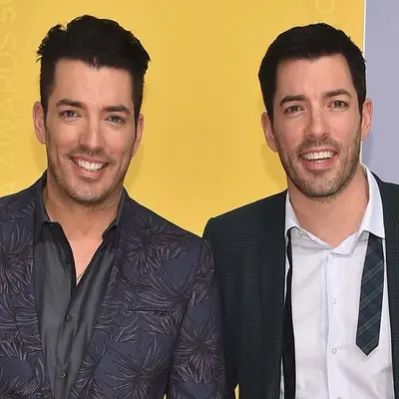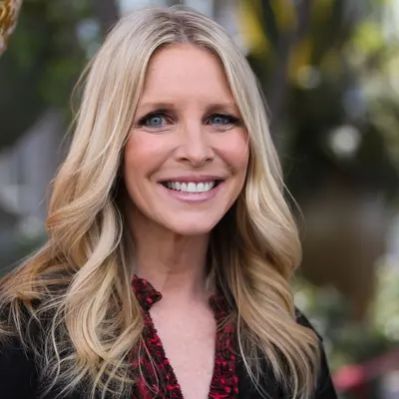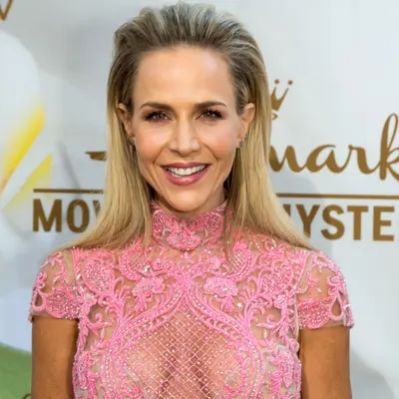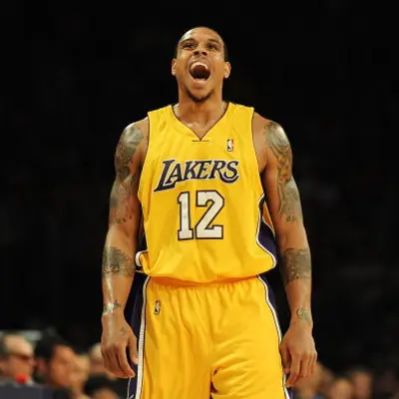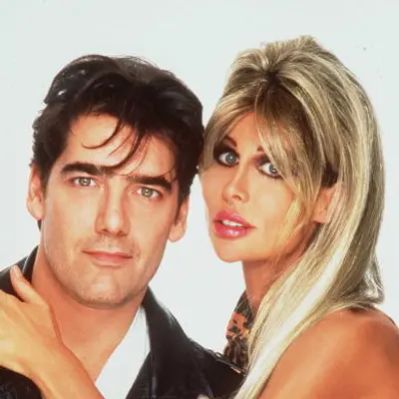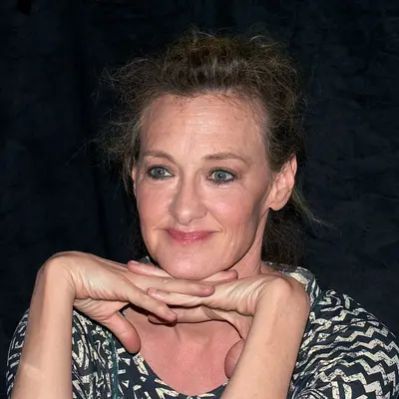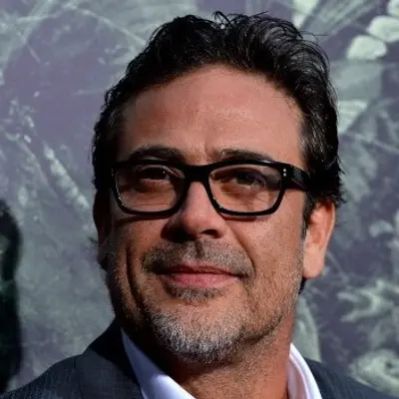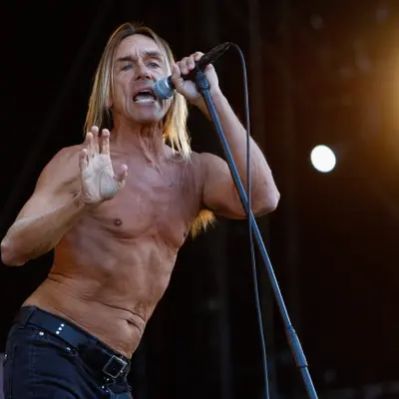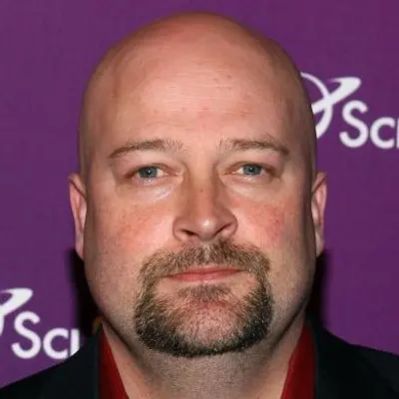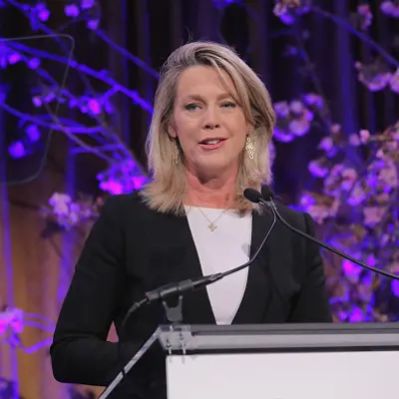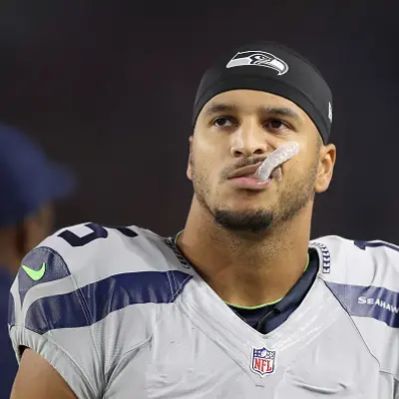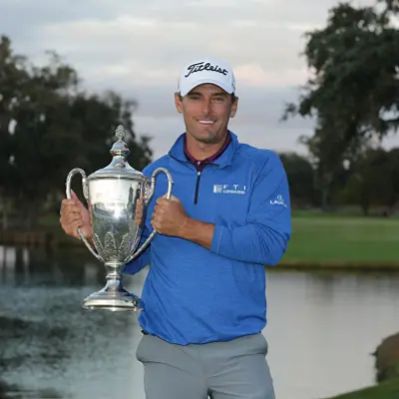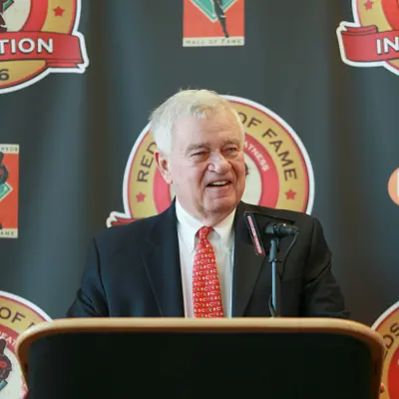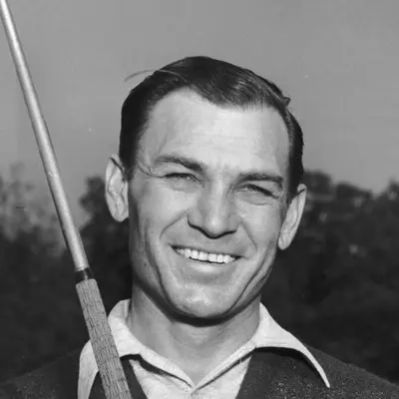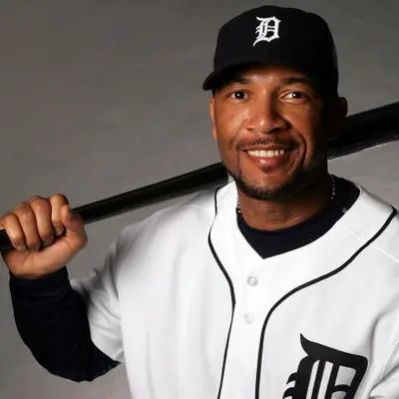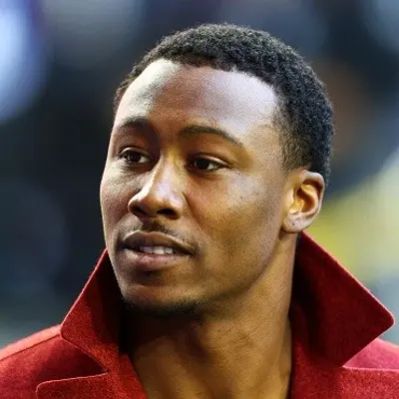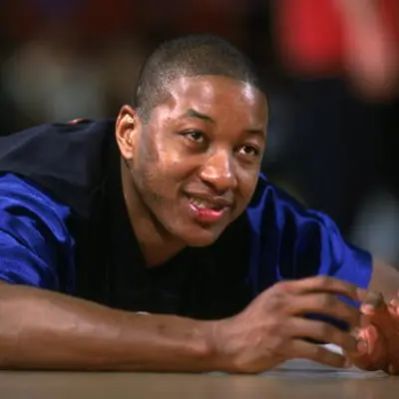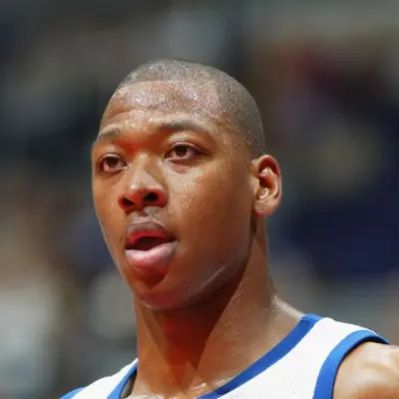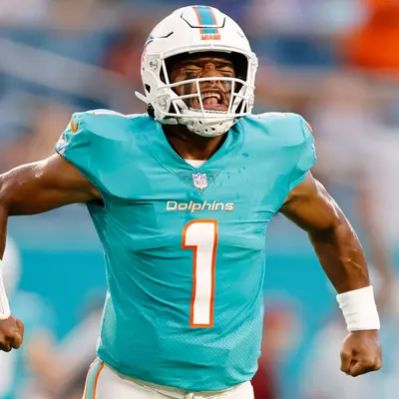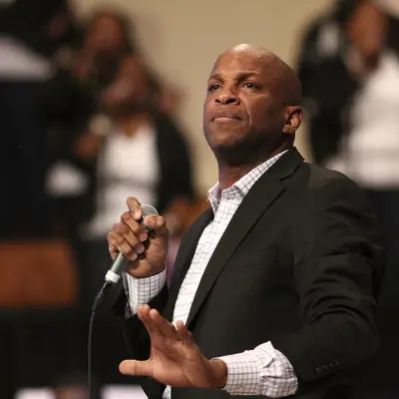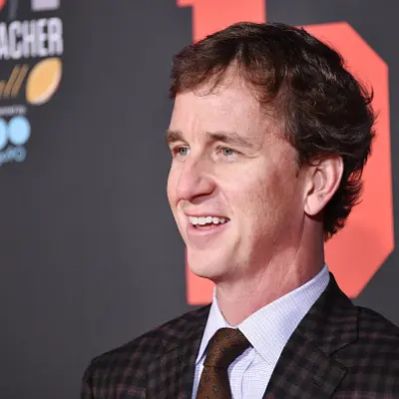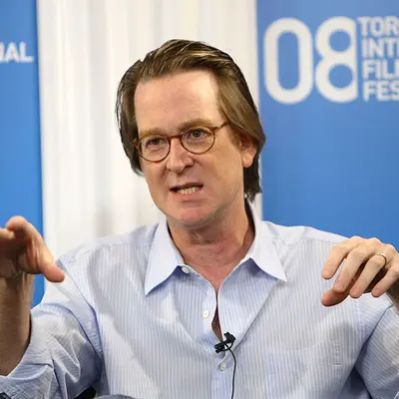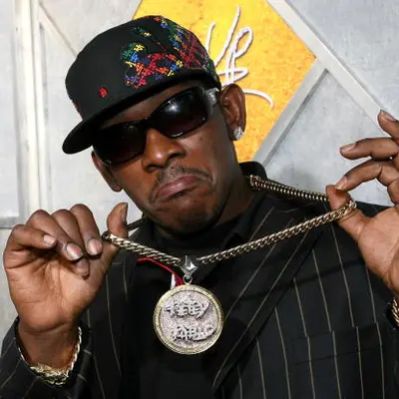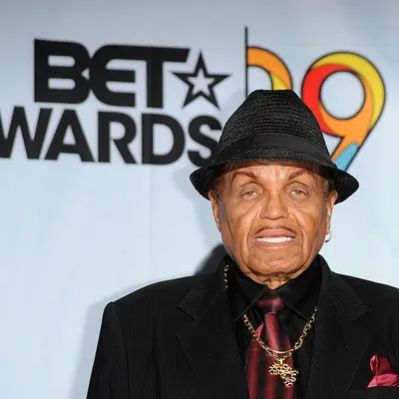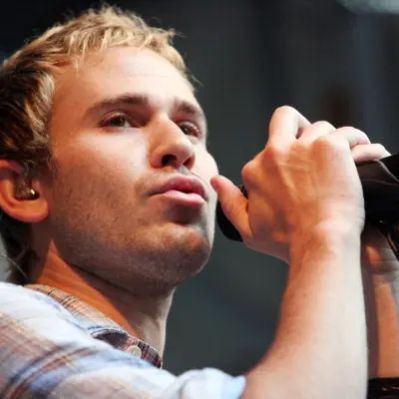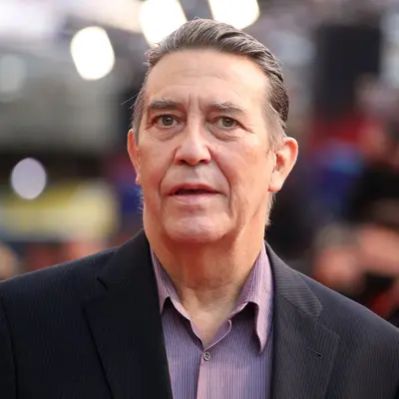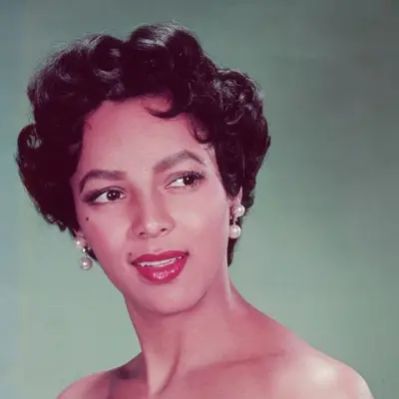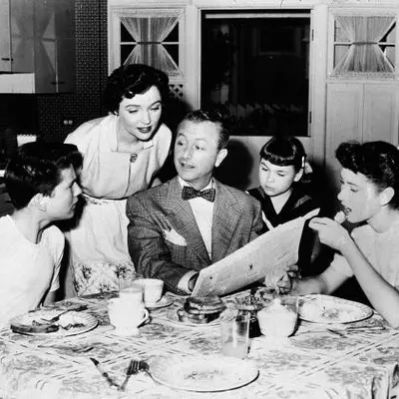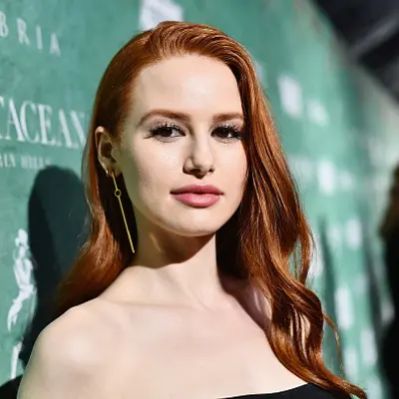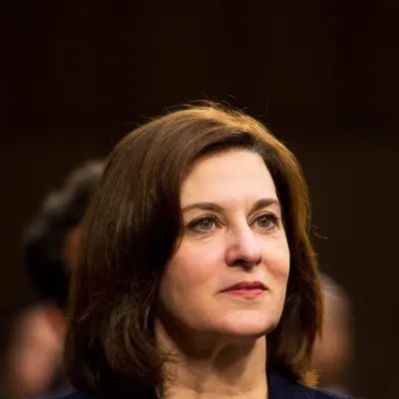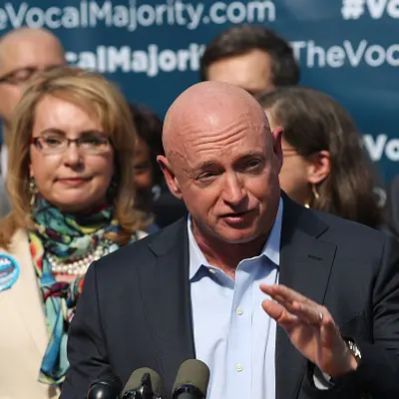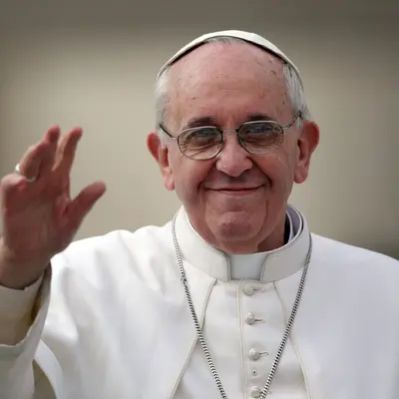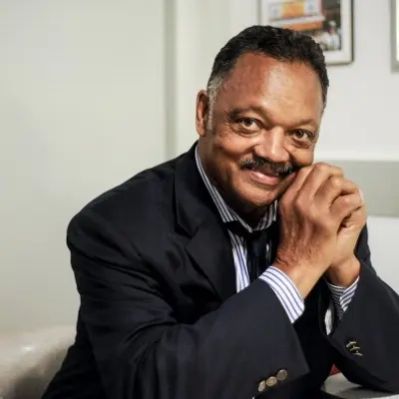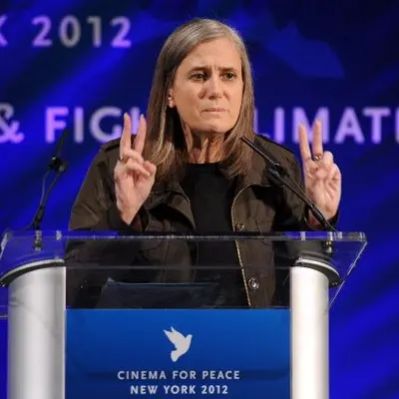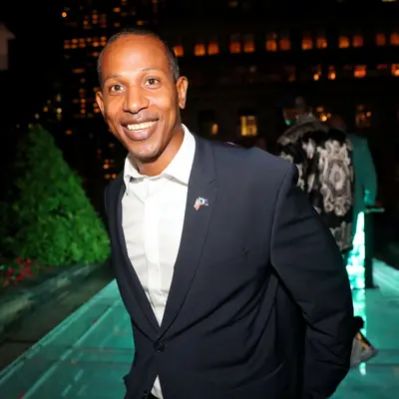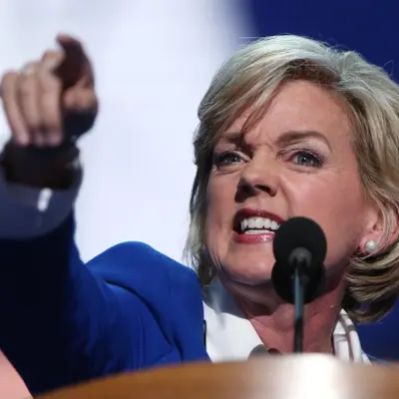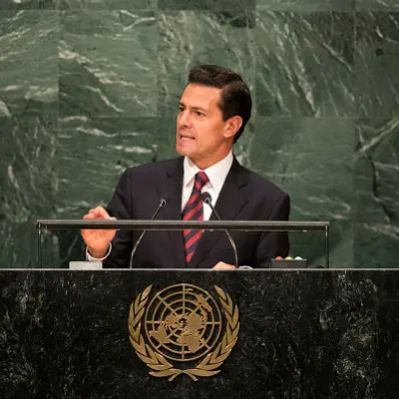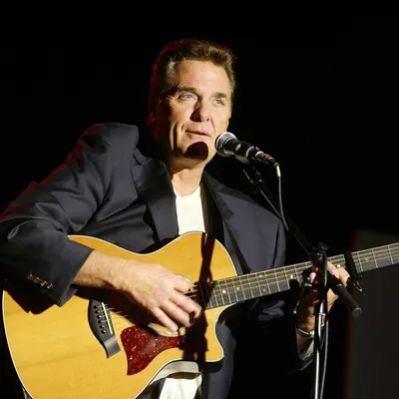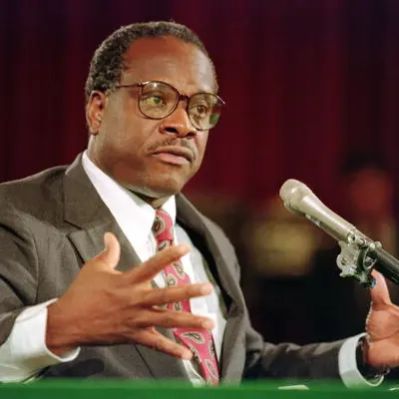What Is Davy Jones’s Net Worth?
At the time of his death on February 29, 2012, Davy Jones, the English actor and singer best known as a member of The Monkees, had a net worth estimated at $2.5 million. This figure represents the culmination of his career spanning music, television, and stage performances. While detailed breakdowns of his income sources are not publicly available, his net worth reflected earnings from record sales, television appearances, live concerts, and other ventures.
Early Career and Rise to Fame
David Thomas Jones was born on December 30, 1945, in Openshaw, Manchester, England. Information about his specific earnings during his early career is limited, but his involvement in the entertainment industry started at a young age. Following the death of his mother at age 14, Jones trained as a jockey under Basil Foster, although this period didn’t contribute substantially to his long-term net worth. His early foray into acting came when he took on the role of the Artful Dodger in the original West End production of “Oliver!” in 1960. He reprised this role on Broadway in 1962, earning a Tony Award nomination for Best Performance by a Featured Actor in a Musical. Though it marked the start of his professional acting career, specific details on his salary or earnings from “Oliver!” are not publicly accessible. In 1961, Jones made his television acting debut as Colin Lomax in an episode of the British soap opera “Coronation Street”, followed by appearances in the BBC police procedural series “Z-Cars” in 1962. The financial compensation for these early TV roles remains undocumented but were pivotal in his early exposure.
The Monkees Era: Peak Earnings and Record Sales
Davy Jones achieved his most significant fame and financial success as a member of The Monkees, formed in 1966 for the NBC television sitcom of the same name. With fellow members Micky Dolenz, Peter Tork, and Michael Nesmith, The Monkees became one of the most commercially successful musical acts of the late 1960s. While detailed individual earnings for each band member are not fully transparent, the band collectively sold over 75 million records worldwide. Their chart-topping albums include “The Monkees,” “More of the Monkees,” “Headquarters,” and “Pisces, Aquarius, Capricorn & Jones Ltd.” between 1966 and 1967. Although the specific breakdown of royalties, album sales profits, and television show earnings is not public knowledge, the band’s widespread success significantly contributed to Jones’s overall net worth. The Monkees’ hit songs such as “Last Train to Clarksville,” “I’m a Believer,” and “Daydream Believer” generated substantial revenue through record sales, licensing, and airplay.
Solo Career and Post-Monkees Activities
After The Monkees disbanded in 1970, Davy Jones signed with Bell Records and released his second solo album in 1971, featuring the single “Rainy Jane”. Details regarding the album’s sales figures and Jones’s earnings from this solo project are not widely available. In the 1970s, he also lent his voice to animated films, including “Treasure Island” and the animated adaptation of “Oliver Twist.” His solo music career saw limited commercial success, and financial information regarding these ventures remains largely undocumented. In the 1980s and 1990s, Jones continued to make guest appearances on television shows such as “New Love, American Style,” “Sledge Hammer!,” “My Two Dads,” “Boy Meets World,” “Lush Life,” and “The Single Guy.” He also appeared in the 1995 film “The Brady Bunch Movie” alongside fellow Monkees Micky Dolenz and Peter Tork. The exact compensation for these roles is not publicly accessible, making it challenging to quantify their impact on his overall net worth. In 2001, Jones released his first solo album in a decade, “Just Me,” followed by “Just Me 2” in 2004. He also contributed voice work to animated television shows like “Hey Arnold!” and “SpongeBob SquarePants.” The earnings from these later projects, including his final solo album “She” in 2009 and his voice role in a 2011 episode of “Phineas and Ferb,” are not explicitly detailed in public records.
Other Ventures and Investments
Beyond his entertainment career, Davy Jones also engaged in various business ventures. He owned an apparel store in New York City called Zilch and a street market in Los Angeles called The Street. Details of the revenue and profitability of these ventures are not available, but they likely contributed to his overall income. Later in his career, Jones pursued his passion for horse racing, winning his first race in 1996 at Lingfield in Surrey. Although horse racing was a personal interest and a source of enjoyment, it is unlikely to have significantly impacted his net worth.
Real Estate and Personal Assets
Specific details regarding Davy Jones’s real estate holdings and personal assets are not extensively documented in publicly available sources. It is known that he owned a farm in Indiantown, Florida, where he cared for his 14 horses. The exact value of this property and other assets is not disclosed, making it difficult to provide a comprehensive breakdown of his net worth composition.
Personal Life and Family
Davy Jones was married three times and had four children. He was married to his first wife, Dixie Haines, from 1967 to 1975, and they had two daughters, Talia and Sarah. His second marriage was to Anita Pollinger in 1981, with whom he had two daughters, Jessica and Annabel, before divorcing in 1996. In 2009, he married Telemundo host Jessica Pacheco. Financial settlements from his divorces and the management of his estate are not publicly detailed, so their impact on his net worth remains speculative.
Davy Jones’s Final Years and Death
In his final years, Davy Jones continued to perform and make public appearances, though specific financial details of these engagements are not available. On February 29, 2012, at the age of 66, he passed away from a heart attack brought on by arteriosclerosis while tending to his horses at his farm in Indiantown, Florida. His estate, including assets and royalties, was managed according to his will, but specific details regarding the distribution of his assets are not publicly accessible.
 Net Worth Ranker
Net Worth Ranker
